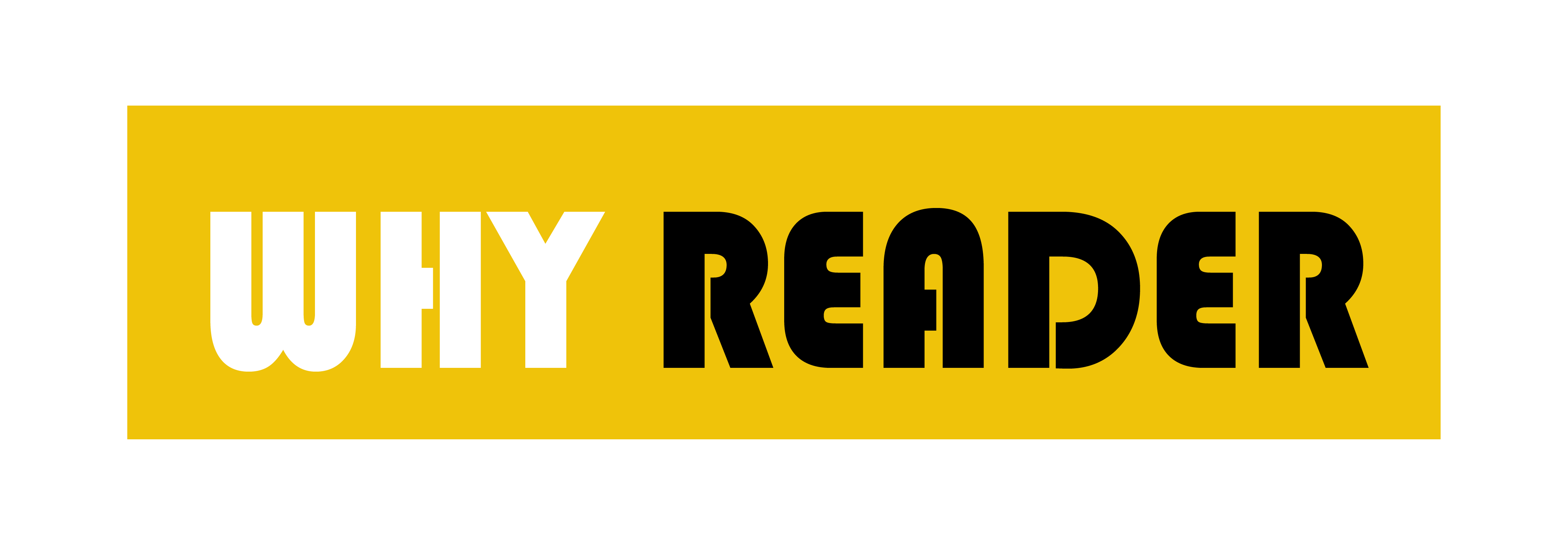Young Americans are raising the alarm on a possible economic slowdown — but instead of financial reports, their recession indicators come from fashion, memes, and viral social media moments.
From falling Depop prices to an influx of online college commercials, Gen Z recession indicators have flooded platforms like TikTok and X. While these jokes offer comic relief, they also reflect a deeper financial anxiety.
Gen Z Recession Indicators: What Are They?
Recession humor is a communal expression of economic hardship and a coping strategy for Generation Z. Some often used indications are as follows:
- Brown Clothing: According to some, subdued, neutral tones represent the financial worry that comes with uncertainty.
- Lady Gaga’s Return: Pop culture revivals are often associated with concerns about the recession.
- Skincare Brands’ Egg Ads: Businesses entering adjacent industries are perceived as last-ditch efforts to stay in business.
- How does Klarna’s partnership with DoorDash finance food delivery? A warning to the economy and to wallets.
Why Generation Z Fears a Recession
Young Americans, who have traditionally been the most optimistic age group, are now experiencing a sharp decline in confidence. While other categories stay consistent, recent data from the University of Michigan indicates that consumer sentiment among individuals between the ages of 18 and 34 has declined by more than 6%.
Among the main causes of the uneasiness are:
- Increasing housing costs have made homes unaffordable for many young folks.
- Stress from Debt: Credit card debt and student debts are mounting.
- Uncertain Job Market: There are still worries about layoffs and a decline in white-collar jobs.
- Trump Tariffs: New tariff policies are impacting businesses and market stability.
Coping Through Humor
Recession humor has become a digital barometer of public sentiment. While economists debate the actual risk of a recession, online jokes reflect what many Gen Zers feel — “the vibes are off.”
But humor aside, experts like James Cohen, a media studies professor at Queens College, say this coping mechanism builds community. “It’s gallows humor,” Cohen said. “It’s a way to acknowledge uncertainty while maintaining some level of control.”
Source: NBC News





